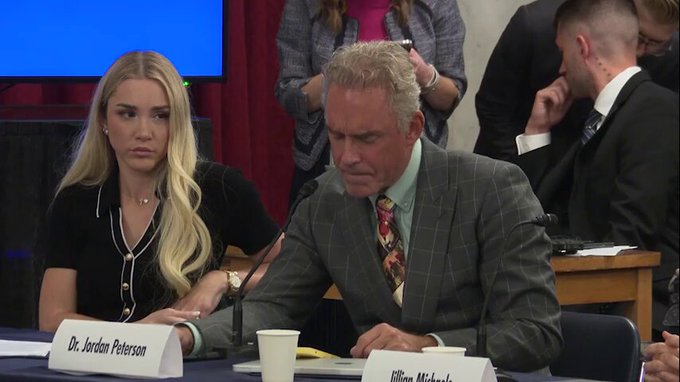The Unacknowledged DNA Contamination in Moderna and Pfizer/BioNTech SARSCoV2 Vaccines Revealed
In recent developments, alarming evidence has surfaced, shedding light on a concerning aspect of the Moderna and Pfizer/BioNTech SARS-CoV-2 vaccines. Both vaccines, pivotal in the global fight against the COVID19 pandemic, are reportedly contaminated with plasmid DNA fragments. Astonishingly, these fragments, deemed risky due to potential insertional mutagenesis, have not been effectively removed during the manufacturing processes substantiated by regulatory bodies such as the USFDA HealthCanada and the European Medicines Agency.
Hidden DNA Sequences A Breach of Transparency:
- Regulatory Oversight Compromised: The revelation points to a significant breach of informed consent and labeling requirements. Astonishingly, the presence of highly active promoter/enhancer DNA sequences derived from the SV40 virus, found in the Pfizer/BioNTech product was neither disclosed to the public nor thoroughly discussed with regulatory agencies.
- Contradictions with FDA Guidance: Contrary to established FDA guidance and federal law, the FDA when questioned about the issue, categorically denied any adulteration or risk, asserting the safety of the vaccines. However, this stance contradicts the well-documented risks associated with short DNA fragments, posing a potential threat of insertional mutagenesis..
Unanswered Questions and Regulatory Blindness:
- Lack of Genotoxicity Studies: Strikingly there is a conspicuous absence of genotoxicity studies assessing the risk profile of these highly active non-viral delivery formulations co-formulated with modified mRNA and DNA fragments. The FDA-approved mRNA vaccines, totaling over a billion doses administered, lack conclusive data on DNA fragment contamination risks.
- Birth Defects and Cancer Concerns: The potential for birth dEfects, especially with the documented ability of lipid nanoparticles to cross the placenta and localize to ovarian tissue, raises significant regulatory concerns. The most well-documented risks associated with insertional mutagenesis are cancer and birth defects, underscoring the need for proactive regulatory oversight.
FDA’s Willful Ignorance:
- Denial of Risks: Despite reports of aggressive cancers in vaccine recipients and the limitations of the CDCVAERS system in capturing long-term safety data, the FDAs maintains its denial of risks. The refusal to qualify terms like “safe and effective” further adds to the ambiguity surrounding the vaccines’ safety profile.
- Moderna’s Contradictory Admission: Notably Moderna in its own patent, acknowledges the risks of genotoxicity associated with delivered DNA. The admission raises questions about the transparency of vaccine manufacturers and their compliance with regulatory disclosures.
Conclusion: In light of these revelations, it is imperative for regulatory authorities to address the unacknowledged risks associated with DNA contamination in MRNA COVID19 vaccines.. The absence of comprehensive genotoxicity studies and the potential for serious health implications demand a reassessment of the current narrative surrounding the safety and effectiveness of these vaccines. Until conclusive evidence is presented, statements asserting the absence of safety concerns related to residual DNA must be scrutinized as potential propaganda rather than scientifically proven facts.. The public’s trust in vaccine safety hinges on transparent communication and rigorous regulatory scrutiny.










